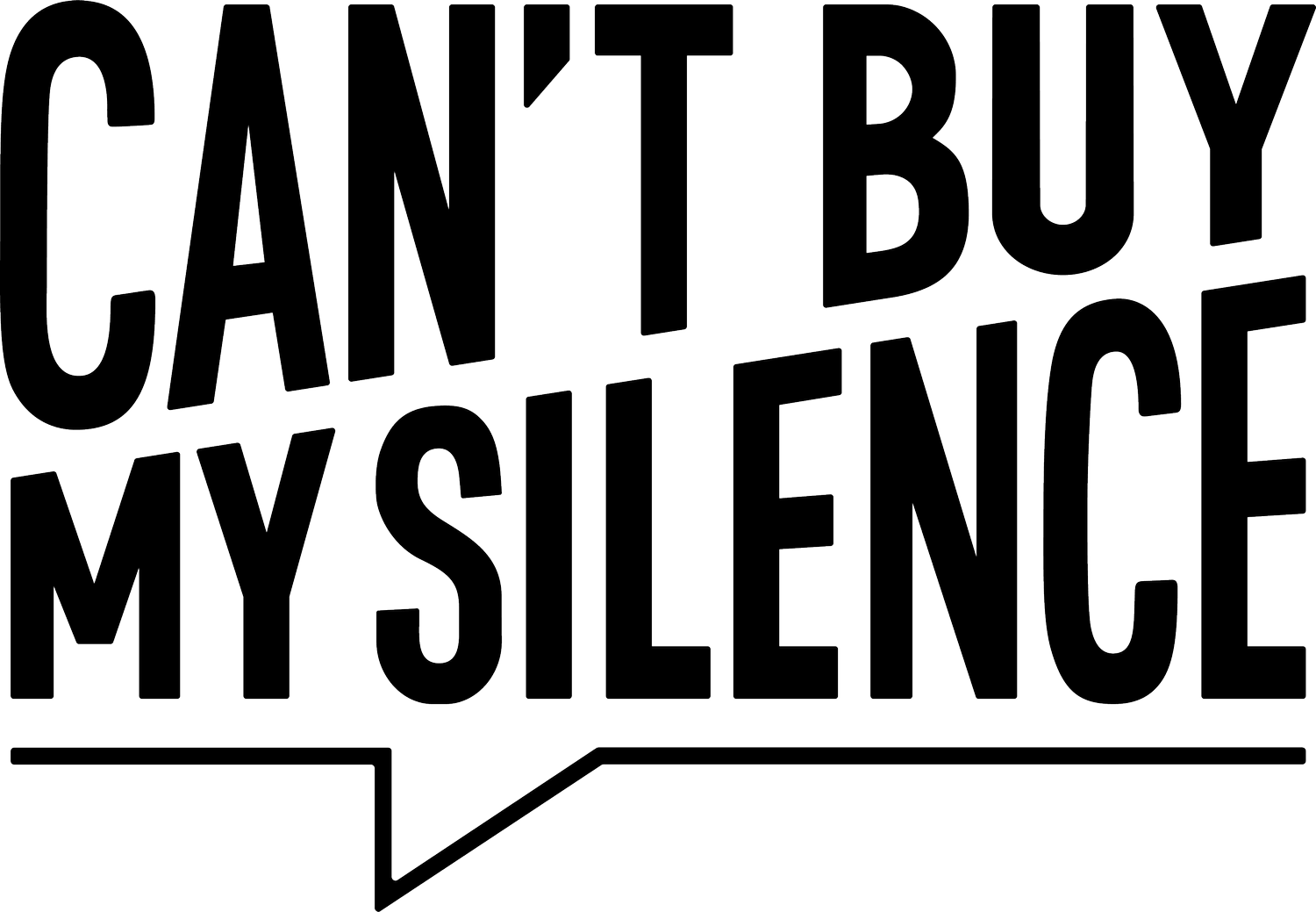An NDA cannot prohibit disclosure of sexual misconduct, harassment, and discrimination (and sometimes other matters) in the private workplace.
An NDA cannot be used to conceal government decision-making and cannot use public money
A non-disparagement clause is included within the definition of an NDA and is subject to the same restrictions
An NDA for sexual misconduct, harassment or discrimination must be at the express wish of the employee, without pressure or coercion
An employee must receive independent legal advice before signing, including an explanation of alternative ways to protect their confidentiality eg in a one-sided confidentiality agreement
An employee has the right to refuse an NDA without retaliation
Any NDA must be of a set and limited duration
An NDA must not adversely affect the future health or safety of a third party, or the public interest
An NDA has exceptions for individuals to whom an employee may always speak including family and specified individuals, a lawyer, doctor, therapist, a community elder, spiritual counsellor and relevant authorities. This is retrospective and applies to NDAs made before legislation was passed
Employers have a duty to inform employees that an NDA does not affect their whistleblowing rights, rights under health & safety legislation, or the right to report to police
TOP 10 CLAUSES
IN CURRENT GLOBAL LEGISLATION

